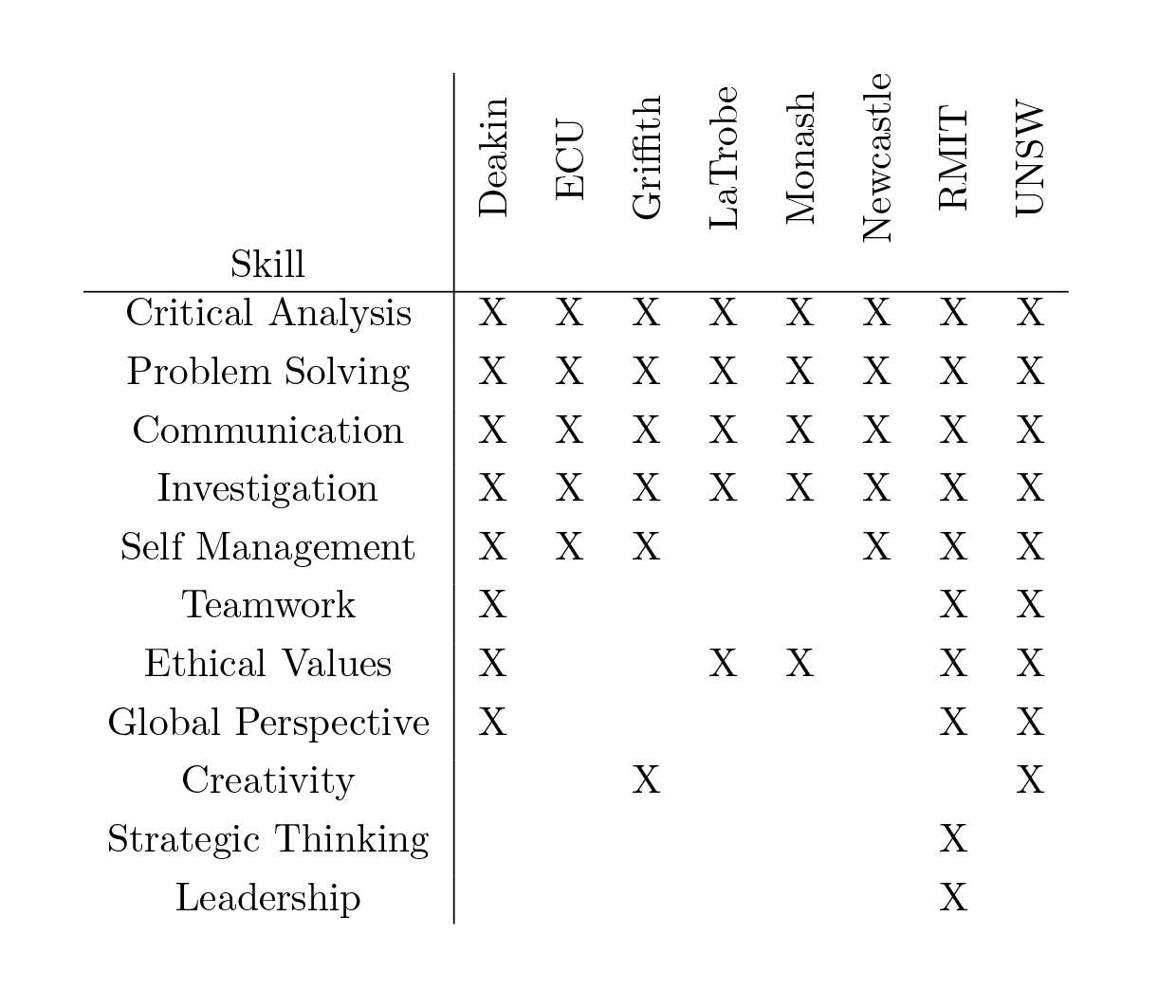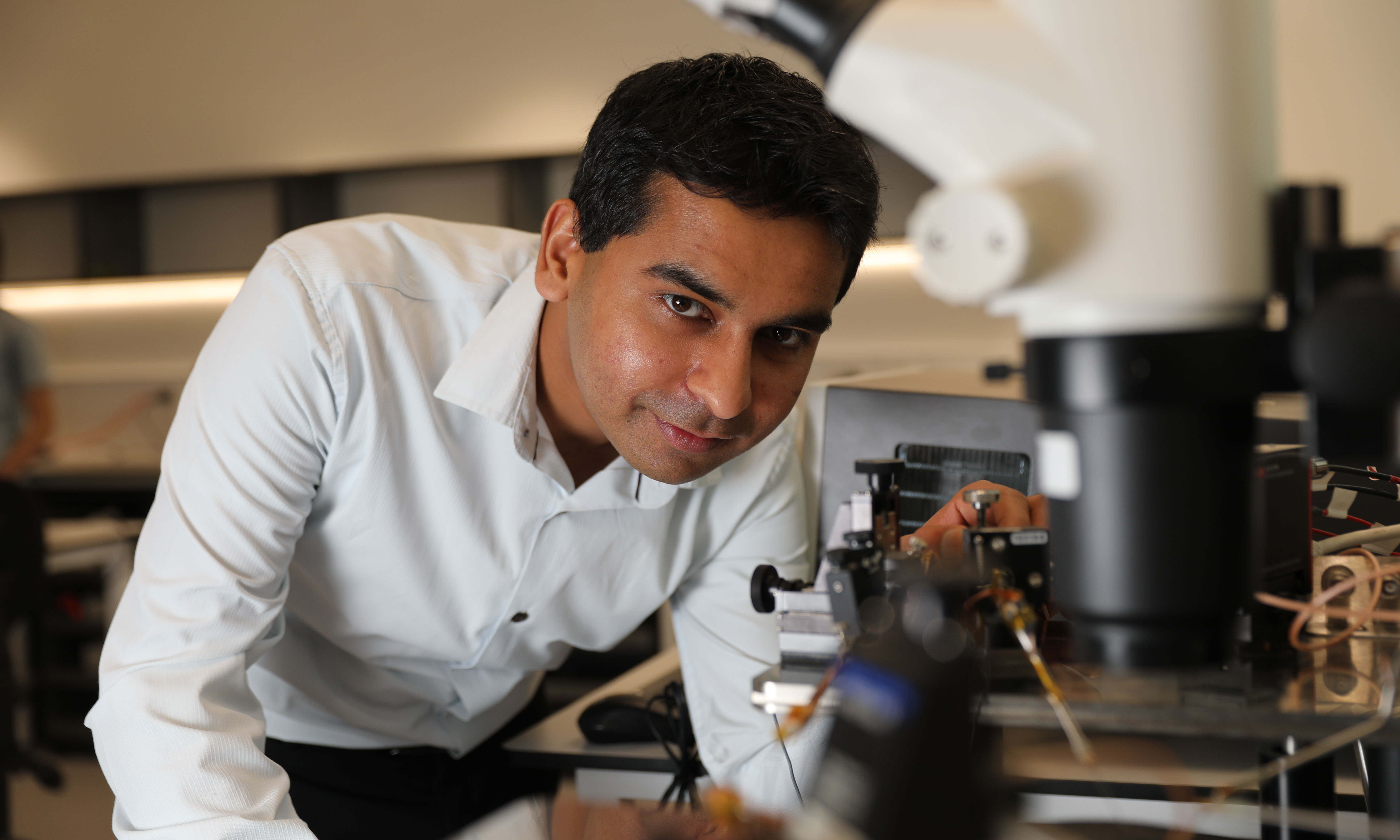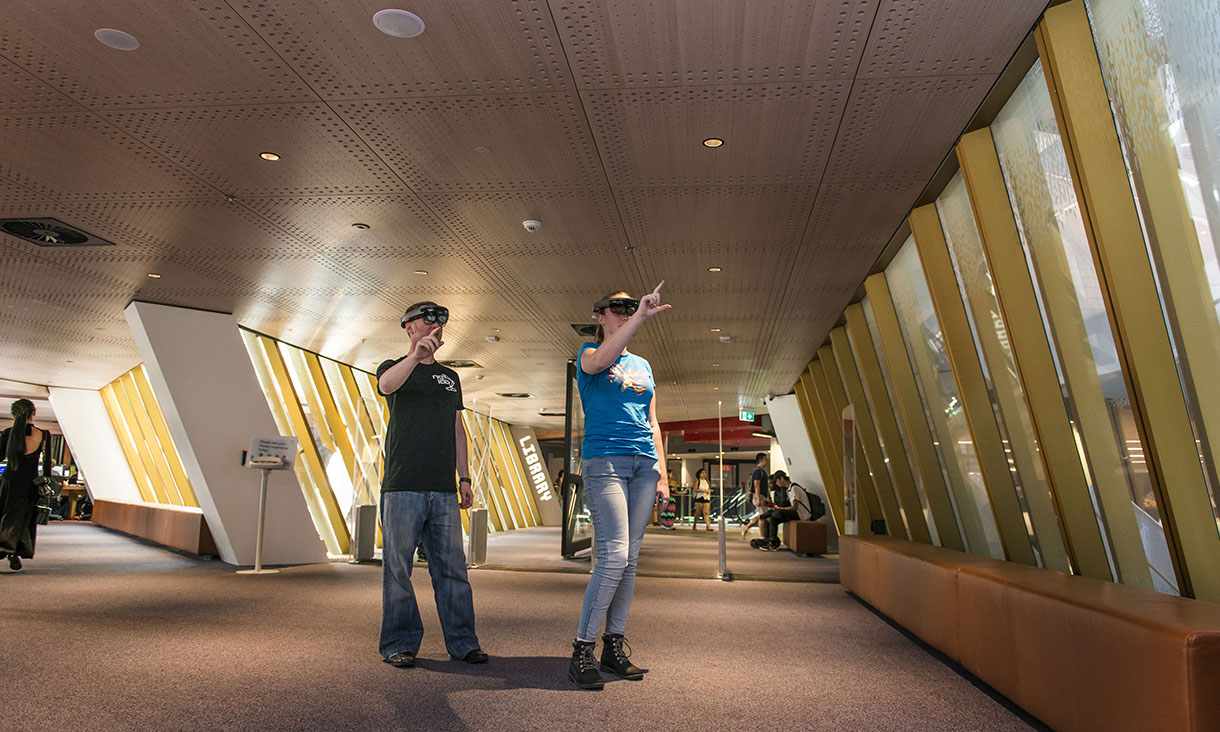Cybersecurity is a rapidly-growing industry, with the current shortage of 2,000 cybersecurity professionals in Australia projected to reach 17,600 by 2026.
Lead author and cybersecurity expert from RMIT’s School of Science, Dr Joanne Hall, said it was crucial those training cybersecurity experts across Australia to meet this demand kept updating curriculum to reflect industry needs.
“Those who don’t listen risk producing the next generation of cybersecurity experts with weak non-technical skills, as well as a low opinion of the importance of non-technical skills, when in fact they are critical in doing this job well,” she said.
And a lack of these skills is not just an employability issue, but also an organisational and national security issue, she said, as both technical and non-technical skills are needed to defend a system from attack.
“Communication and leadership skills are needed to engage with the wider organisation, project management and teamwork are needed to deliver a comprehensive cyber-defence project and creativity and flexibility to tailor a solution to a specific situation,” she said.
“Without these, no technical solution will succeed.”
Underlying the importance of soft skills is the fact that most cyber-security breaches are the result of human, not technical, failings.
Failure to update software, heed security advice or change default passwords are just some of the ways in which people can be the weakest part of a cyber security system, Hall said.
Only amateurs attack machines; professionals target people.
The World Economic Forum lists leadership, social influencing, critical thinking, creativity and interpersonal skills among the top 10 in-demand skills across all industries.
These non-technical skills are predicted to become more important in the future, whereas the skills to use and maintain technology are in declining demand.
RMIT’s Master of Cybersecurity degree was found to teach the broadest range of soft skills of any cybersecurity degree in Australia, though it did not specifically teach creativity.
Study co-author and Associate Dean of Mathematical Sciences at RMIT, Professor Asha Rao, said RMIT’s degree had been continually tweaked over its 20-year history to reflect industry needs, and this was an opportunity to do so again.
“The RMIT Master of Cybersecurity has been graduating students since 2002 and has been guided by industry to evolve and renew over those years. A large number of alumni have been with us in this journey,” Rao said.
“With the rapid change in technology, use of mobile devices and the internet of things, creativity will be an important addition to the skill-set of our students.
“While creativity is inherently encouraged, we plan on adding explicit indicators and requirements to develop this more actively in our students.”





